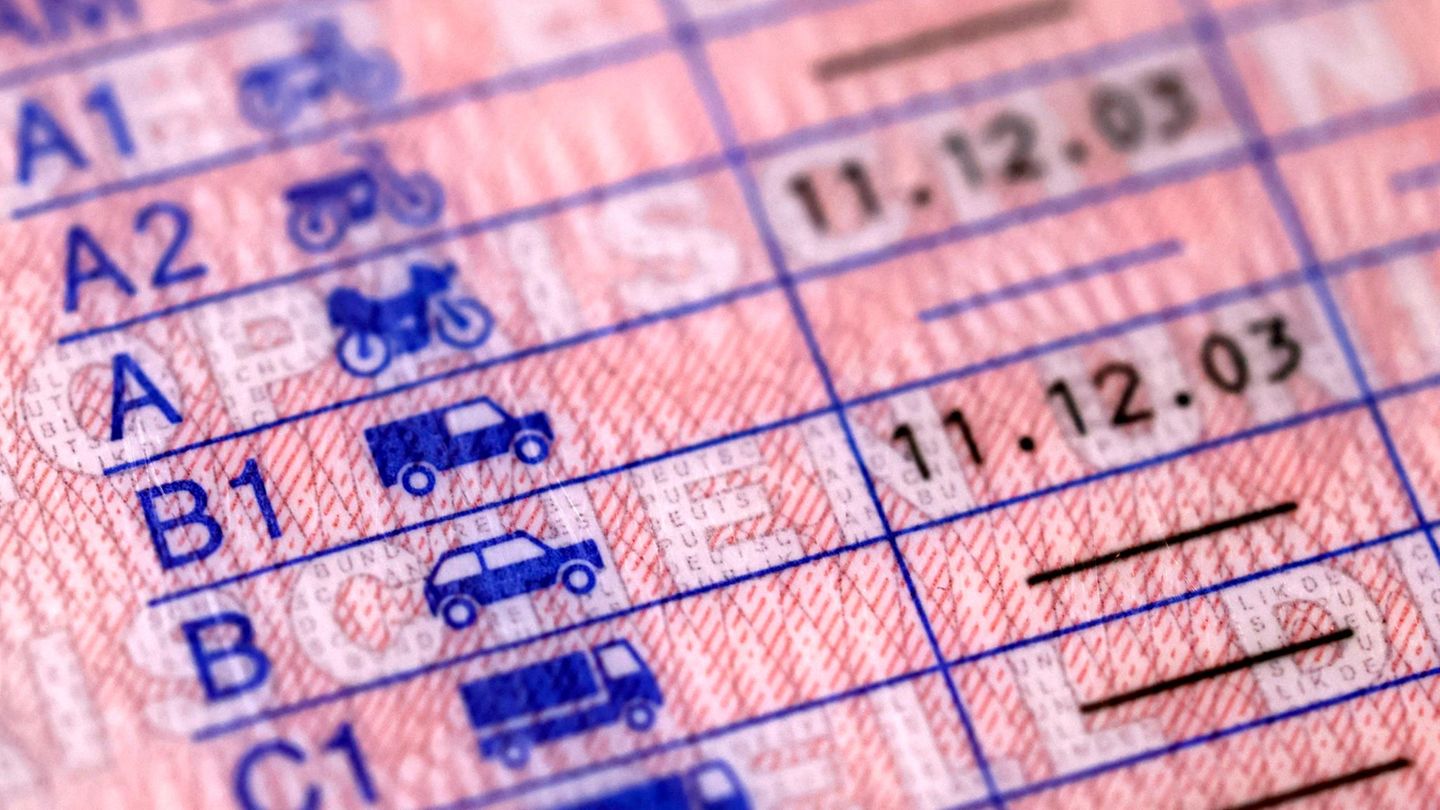The prices for gas and electricity have fallen. Nevertheless, there are calls to extend the price controls at least until spring. There is also movement in the traffic light coalition.
Federal Finance Minister Christian Lindner (FDP) has spoken out in favor of extending the energy price brakes until the end of April 2024, but at the same time called for the VAT on natural gas to be increased again at the beginning of the year.
The early increase in the VAT rate on gas from seven to 19 percent is provided for in his draft of the 2024 federal budget, Lindner told the “Rheinische Post” (Friday).
The earlier increase in the VAT rate could also be tolerated by private households and businesses if, on the other hand, they received further relief through the extension of the energy price brakes. “Since the federal government’s common view is that the price brakes should continue to exist, private households and businesses still have protection against ruinous price spikes,” said the FDP leader. Economics Minister Robert Habeck (Greens) had previously called for the energy price brakes, which are currently scheduled to expire at the end of the year, to be extended until spring 2024. The Bundestag would still have to approve it.
Lindner wants to reduce the tax burden for companies
With the electricity and gas price brakes, the price for a large part of the consumption of private households is capped. The upper limit of the price brake is 40 cents per kilowatt hour for electricity and 12 cents per kilowatt hour for gas.
The increase in the VAT rate on gas was previously only planned for spring 2024. With the increase brought forward by three months, additional revenue would be generated, which would also benefit the federal states, argues Lindner. According to him, the states will receive more than one billion euros in additional revenue in 2024.
Lindner wants to reduce the tax burden on companies by a good six billion euros per year as part of the Growth Opportunities Act. Several countries had resisted this because they feared reduced tax revenue. The reduced revenue due to the Growth Opportunities Act would be fully compensated for by the higher VAT rate for gas brought forward, said Lindner: “I hope that the federal states can overcome their concerns about a revival of the economic climate.”
Source: Stern




